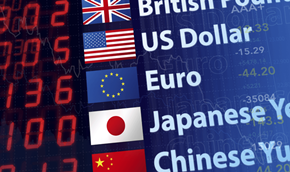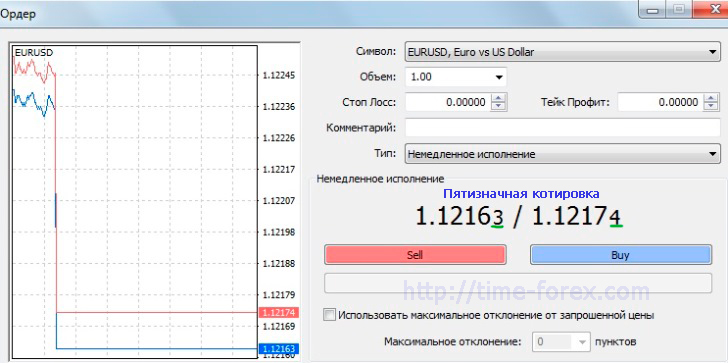Quotes are two-digit, four-digit or five-digit, what are their differences?
We are used to seeing quotes in exchange offices with only two digits after the decimal point; it is believed that this is quite enough for bank clients.
To exchange a couple of thousand of one currency for another, an accuracy of a couple of decimal places is really enough; in fact, forex uses four-digit or even five-digit quotes.
That is, if at the exchanger’s stand you see that euros are being sold for dollars at a price of 1.15, then in the trader’s terminal it will already be 1.15328.
The meaning of the extended entry is clear if you make transactions worth hundreds of thousands, for example, for 100 thousand euros in the bank you will need to pay 115,000 dollars, and in Forex 115,328 dollars, a difference of 328 dollars.
And with larger amounts, this difference becomes even more noticeable.
Which account should I choose with a four-digit or five-digit quote?
To begin with, we should return to what characterizes the last digit in the quote; with a five-digit entry, 1.15328 is a price change of 1 unit, in our case, by 1 dollar; with a four-digit entry, this is already a price change of 10 dollars.
We can say that a five-digit quote is more accurate, since it reflects minimal price fluctuations, but at the same time shows all the noise.
 It all depends on what strategy you will use; for short-term scalping or pipsing , it definitely makes sense to choose accounts with five decimal places; for longer-term strategies, you can use a four-digit quote.
It all depends on what strategy you will use; for short-term scalping or pipsing , it definitely makes sense to choose accounts with five decimal places; for longer-term strategies, you can use a four-digit quote.
This point should also be taken into account if you use advisors for trading, since many of them were created for specific quotes and the number of signs can affect some indicators.
However, it should be noted that recently most brokers have switched to accounts with a five-digit quotation; four digits remain only on cent accounts , so there is not much to choose from.
